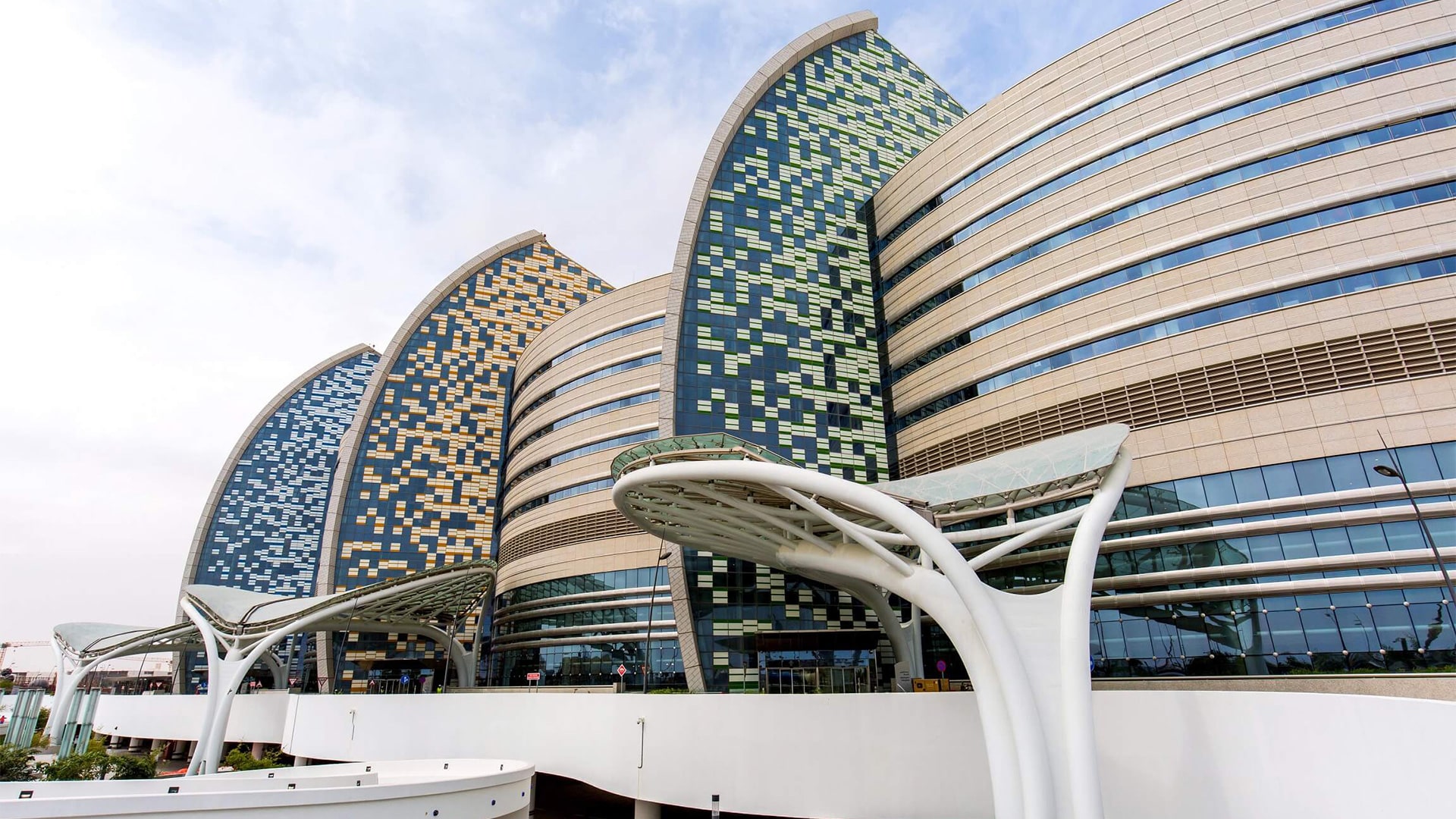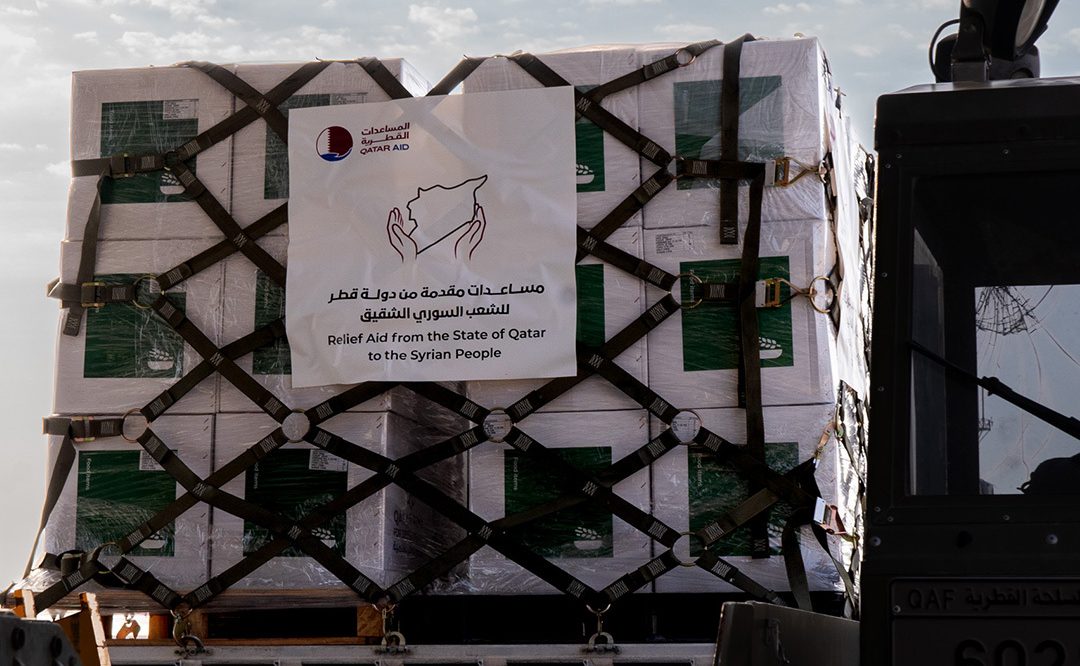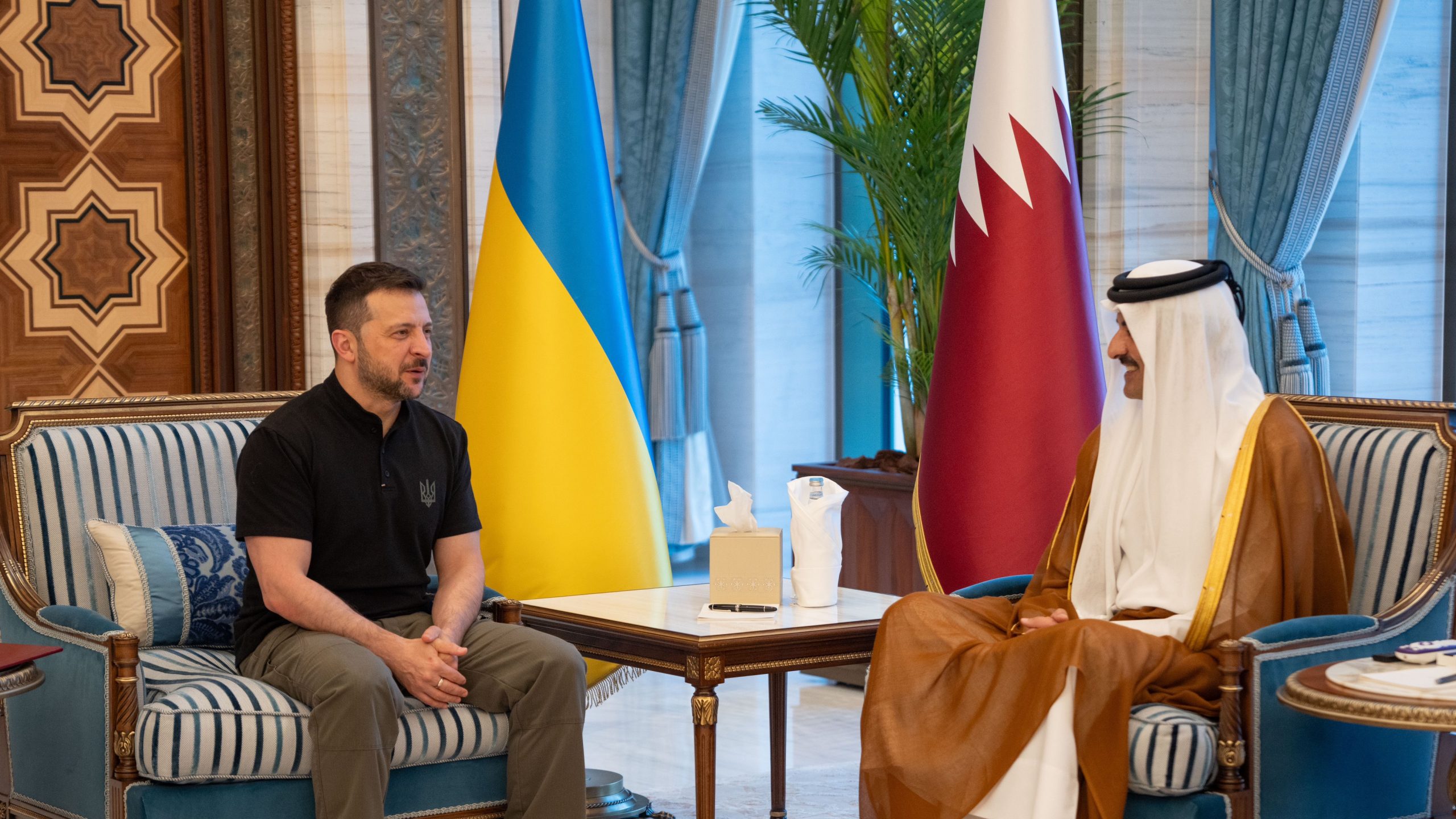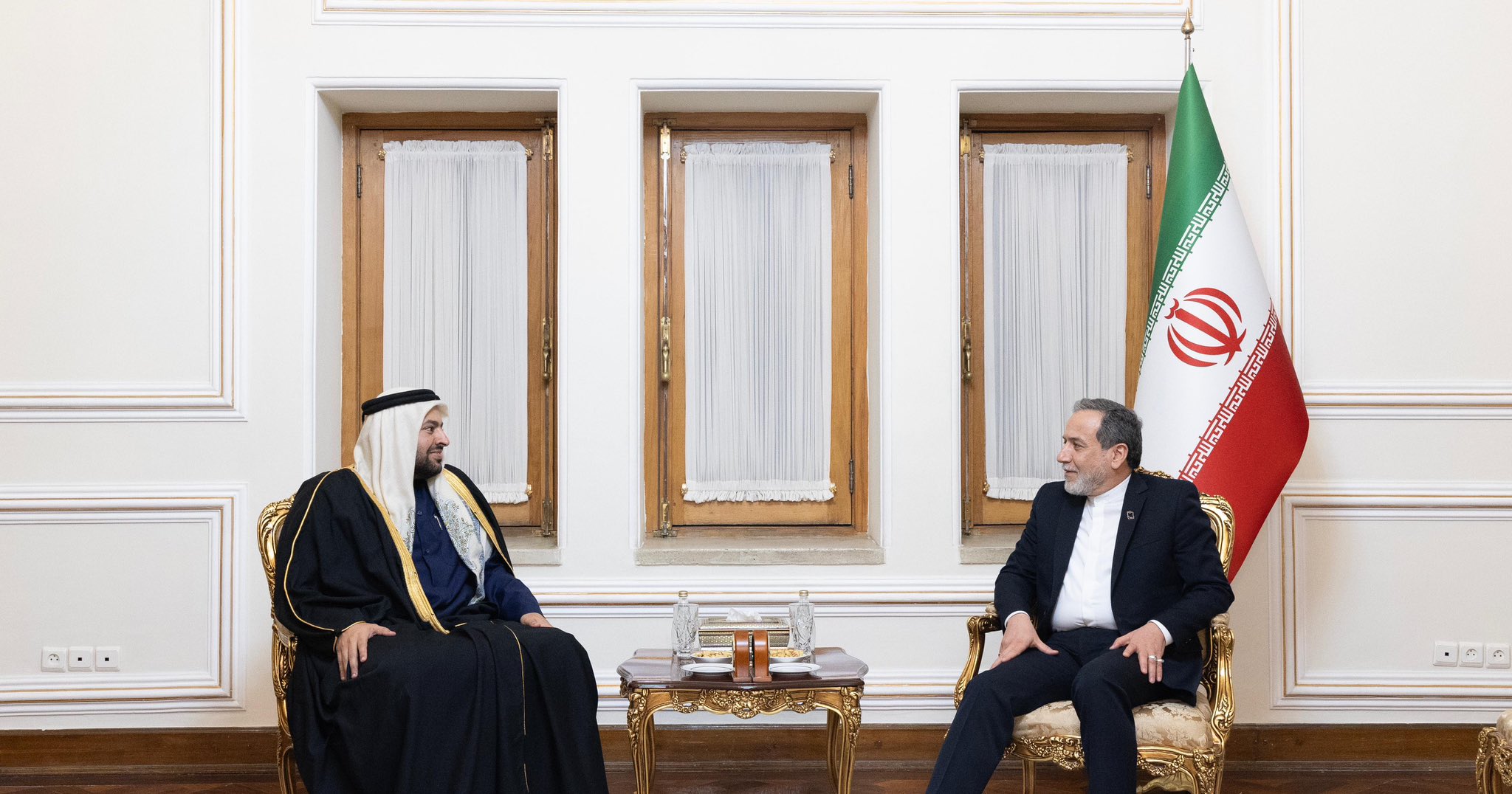The award will support the establishment of a program that combines auto antibody and genetic screening for children with diabetes.
Qatar-based Sidra Medicine has been given a grant worth one million dollars from JDRF, a leading global type 1 diabetes advocacy organisation, in order to support establishing a programme that performs Type 1 diabetes screening.
The initiative titled “DIA-MENA: Type 1 Diabetes Islet Autoantibody Screening Initiative in the Middle East and North Africa” will initially aim to predict the risk of diabetes in children. The prediction and screening process will be used as a model for the country and the region, but are expected to take at least four years.
Clinical trials usually include potential drugs and therapeutics that may completely change the treatment and management of the disease, either by restoring the insulin-producing cells in the pancreas or by preventing the progression of the clinical form of diabetes.
Dr. Ammira Akil would serve as the lead principal investigator, aside from her capacity as the head of the Precision Medicine for Diabetes Prevention lab at Sidra Medicine.
“Latest data shows that more than 85 percent of the children who end up with T1D, do not have affected relatives with the same disease,” said Dr Akil. “By combining the comprehensive islet autoantibodies and genetic risk scores testing, we intend to detect and provide estimates of the prevalence of early-stage T1D in children.”
Diabetes in Qatar
According to the International Diabetes Federation’s Diabetes Atlas, Qatar is ranked among the countries with the highest incidence of diabetes.
Currently, there is a lack of screening studies on the disease in Qatar and the general region that comprehensively cover data on computed genetic risk scores in association with islet autoantibody status in the general population.
“This award also highlights that Qatar and Sidra Medicine’s specialist children’s services and technologies are in a strong position to make such programmes a reality. In fact, for the first time, the autoantibody testing and results interpretation will be carried out at Sidra Medicine, as currently patient samples are sent abroad for testing,” Dr Akil concluded.
Through the JDRF grant and in partnership with the Qatar Genome Programme and the Primary Health Care Corporation, Dr. Akil’s team will embark on a combined screening pilot programme on young children from the ages of 1 ½ years to 14 years old, using a small blood sample and pathology-based testing technology that has been developed in-house at Sidra Medicine by Dr. Akil’s team.







